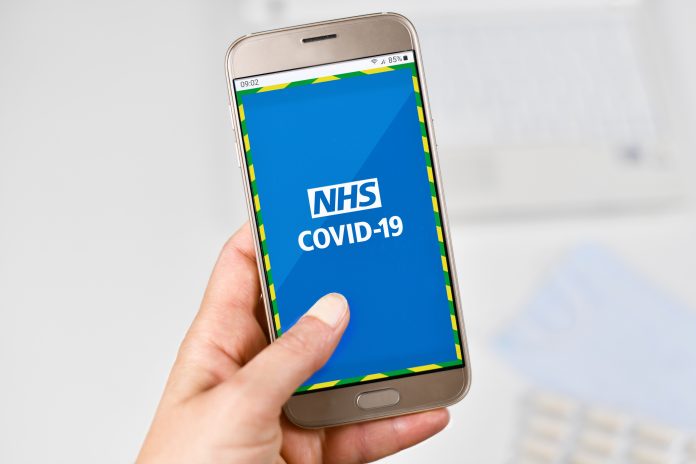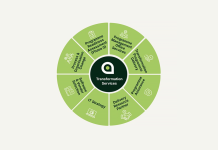COVID-19 has accelerated digital transformation throughout the NHS – but what now for the unwanted equipment asks Carmen Ene, CEO at 3stepIT
For many organisations, COVID-19 has arguably been the biggest driver for digital transformation seen in recent years – no more so than within the NHS, where projects that had been waiting for a green light for years were accelerated and delivered, sometimes within days.
Some of the most fundamental changes occurred within primary care, where GP practices scrambled to achieve remote working for both clinicians and admin staff and video appointments have replaced face to face where possible.
Most have embraced telephone triage systems, enabling clinicians to direct patients towards nurses, blood tests or ‘wait and see’ and, as a result, can interact with far more patients during a standard surgery session.
According to the Royal College of GPs, GPs saw just seven in every 100 patients face-to-face as a result of the coronavirus outbreak – a stark contrast to the 1% of appointments conducted via video in 2019.
There is huge momentum for change and a strong desire throughout the NHS not to slide back to the way things were done before. But – and it is a big but – the emergency technology solutions that were allowed, even requested, during the crisis are not necessarily suitable for long term delivery.
Most GPs, for example, use desktops to access patient record systems – but desktops do not typically include cameras, leading GPs to use their own mobile phones, tablets and laptops to conduct video calls.
While software vendors worked hard to support surgeries where possible, many GPs resorted to WhatsApp. Fine in a crisis, but clearly the NHS needs a strategic approach to deliver safe, secure and consistent video consultations.
Financial pressures
The government’s write off of £13 billion of historic debt to allow planning and investment in future service delivery provides a new opportunity to accelerate digital transformation projects. However, with huge pressures to catch up on services postponed during the peak of the pandemic, from cancer referrals to vaccinations, prioritising both care and investment will be key.
With the shift in working practices and the commitment to digital transformation, what is the NHS plan for the swathes of now unwanted equipment? There is a very real risk that many old and unused devices will be sent straight to landfill.
According to the UN Global E-Waste Monitor (2017), we generate a staggering 44.7 million metric tonnes of e-waste each year and just 20% of this will be collected and recycled.
As a result, e-waste already accounts for around 70% of the toxic waste in landfills in countries such as the US, and, with the number of connected devices due to hit 31 billion by end of 2020, the e-waste issue is only going to worsen.
Considered investment
With the huge pressure on services and a patient waiting list expected to hit 10 million by the end of 2020, technology acquisition needs to be very carefully considered. Care providers need to ensure the right technology is acquired to enable the new ways of delivering patient care – being lumbered with ageing technology could cause patient care to suffer.
Does everyone need a brand-new laptop, or would a refurbished system meet requirements? Reliability is essential – especially for clinicians – and combining high quality refurbished equipment with real time health-check monitoring can both minimise downtime and extend the life of the device. Could the NHS tap into the burgeoning renewal market to generate additional income from its end of life equipment?
The vast majority of technology – laptops, desktops, mobile devices – can be renewed, refurbished and resold while still being able to operate efficiently. So, while healthcare budgets are scrutinised, staff and practicians can at least make sure they have the tech that allows them to carry out essential tasks.
NHS digital transformation
The value of digital transformation throughout the NHS has been demonstrated over the past few months. The ability to safely and securely enable GPs to work remotely has opened the door to new working practices, offering a work/life balance some believe could attract individuals out of retirement and back into primary care.
The right technology in the right place enables better care, a better patient experience and better working conditions for doctors.











